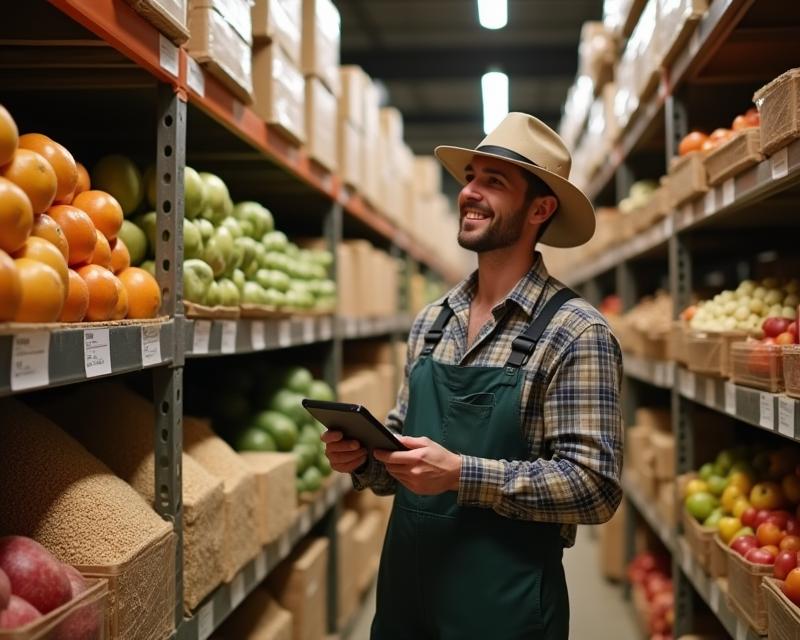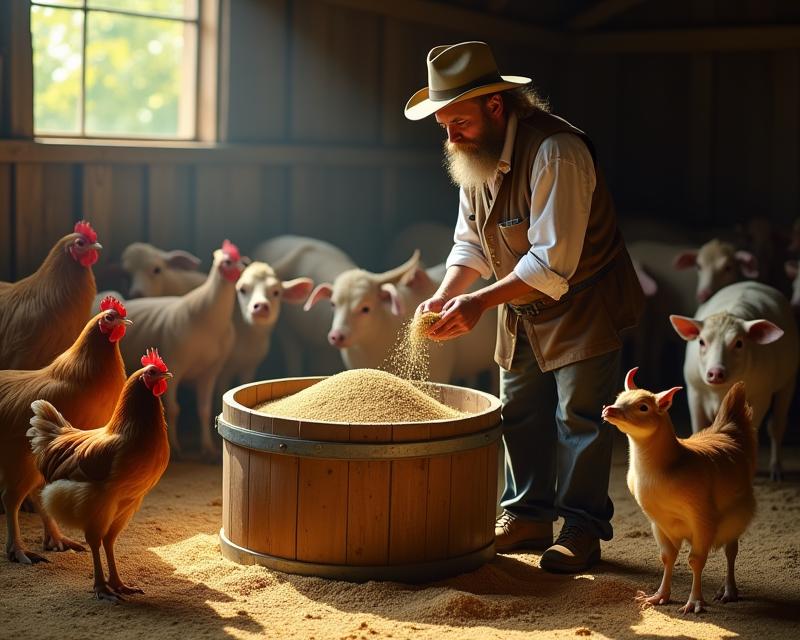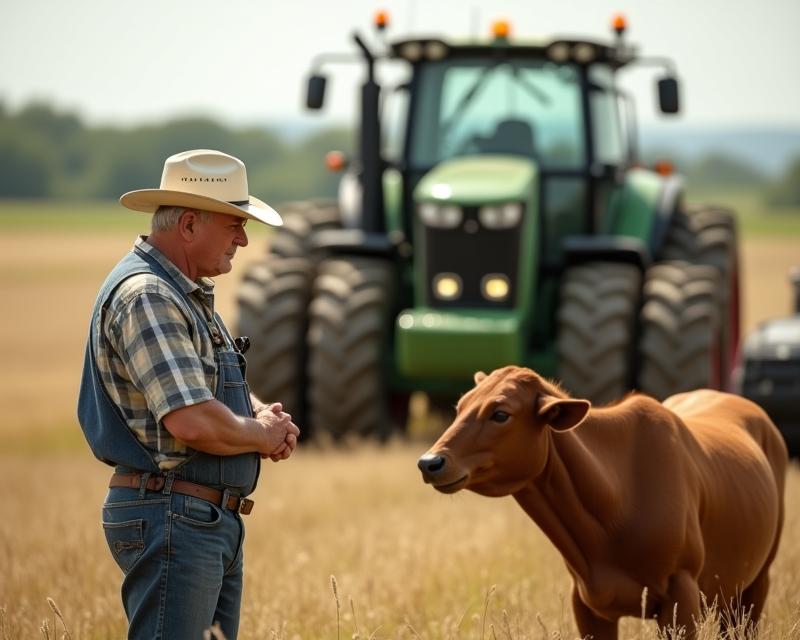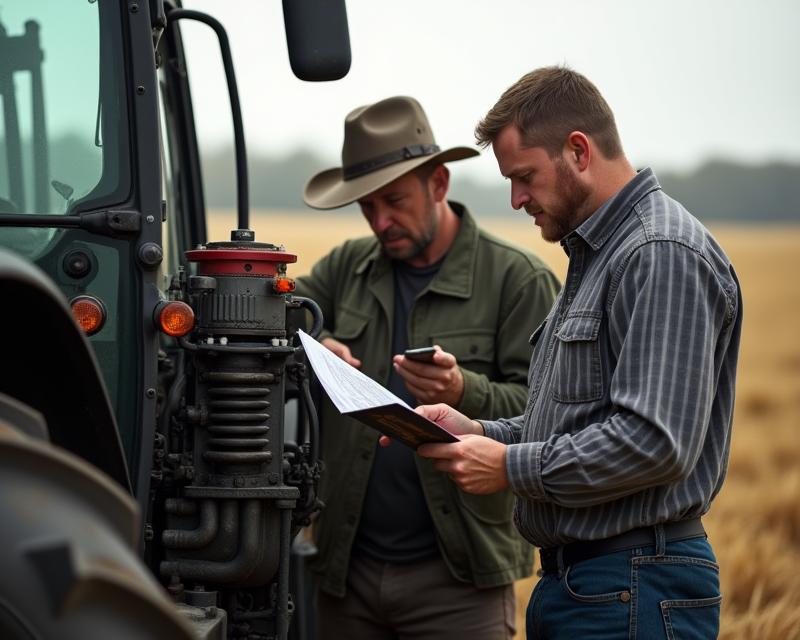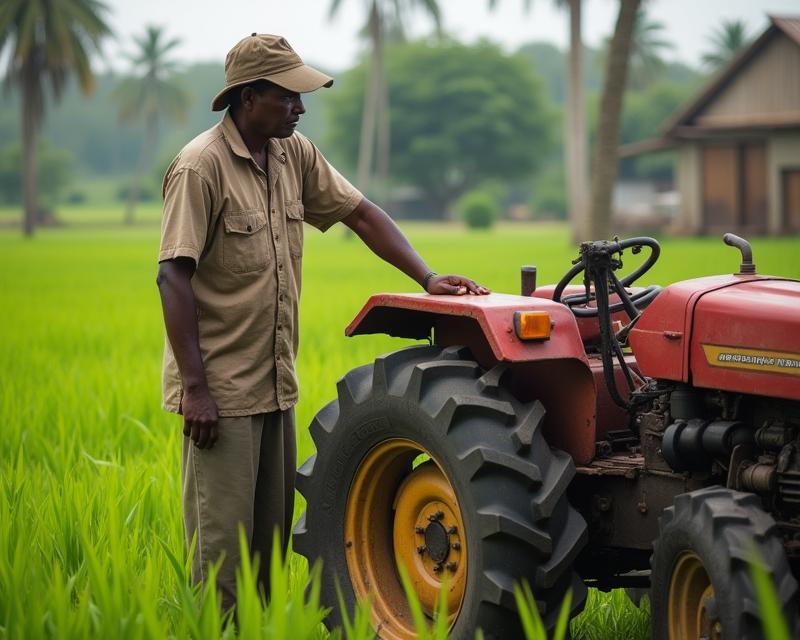Global Politics & Your Farm: What You Need to Know
Publish in Farm Business el 03/07/2025 17:10
Global Politics & Your Farm: What You Need to Know
Hey Farmers, Gardeners, and Ranchers! Ever wonder why the price of your crops seems to fluctuate so much? Or why certain markets are suddenly open or closed? It's often tied to something big – geopolitics! It might sound complicated, but understanding how international relations and conflicts impact the world of agriculture can help you make smarter decisions for your farm.
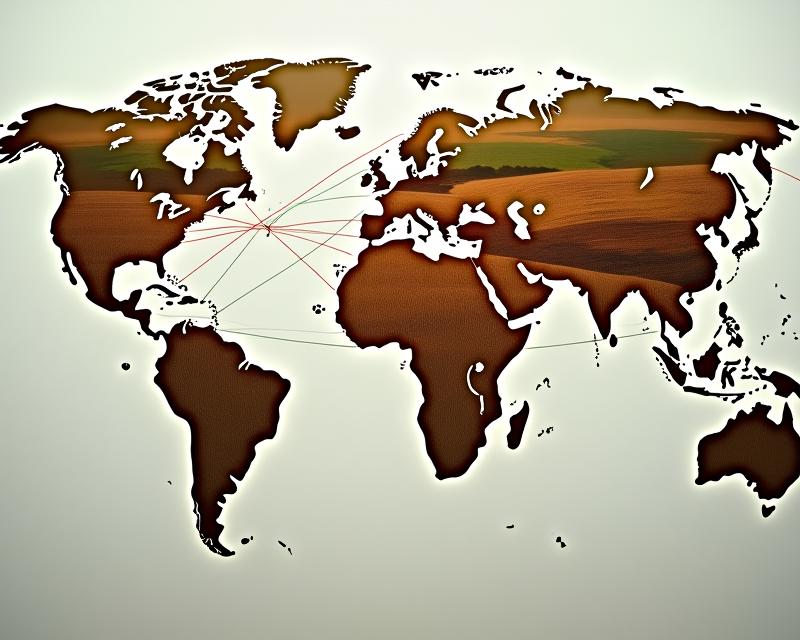
What is Geopolitics, Anyway?
Simply put, geopolitics is the study of how geography (like location, resources, and climate) influences politics and international relations. It's about how countries interact with each other – who's friends, who's rivals, and how those relationships affect trade, economics, and even food security. Think of it like a giant game of chess, where countries are constantly maneuvering for advantage.
How Does it Affect *You*?
Geopolitical events can have a direct impact on your farm in several ways. For example, trade wars (like tariffs on imported goods) can make it more expensive to buy equipment or supplies, or make it harder to sell your products in other countries. Political instability in a major agricultural exporting nation can disrupt global supply chains, leading to price spikes or shortages. Even international agreements about food safety and standards are influenced by political considerations. Consider the recent conflicts impacting grain exports from Ukraine – that had a ripple effect on global food prices and availability.
Staying Informed & Adapting
So, what can you do? Staying informed is key! Follow reputable news sources that cover international trade and agriculture. Look for information from organizations like the USDA (United States Department of Agriculture) and international trade groups. Diversifying your markets can also help. Don't rely solely on one export destination. Explore opportunities to sell locally, regionally, or to new markets. Finally, consider how geopolitical risks might affect your input costs (fertilizers, fuel, etc.) and factor that into your budgeting. Understanding the bigger picture can help you navigate the complexities of the global agricultural market and build a more resilient farm.
Resources to Explore
- USDA Foreign Agricultural Service (FAS): [https://www.fas.usda.gov/](https://www.fas.usda.gov/)
- World Bank - Food Security: [https://www.worldbank.org/en/topic/foodsecurity](https://www.worldbank.org/en/topic/foodsecurity)
- International Food Policy Research Institute (IFPRI): [https://www.ifpri.org/](https://www.ifpri.org/)
